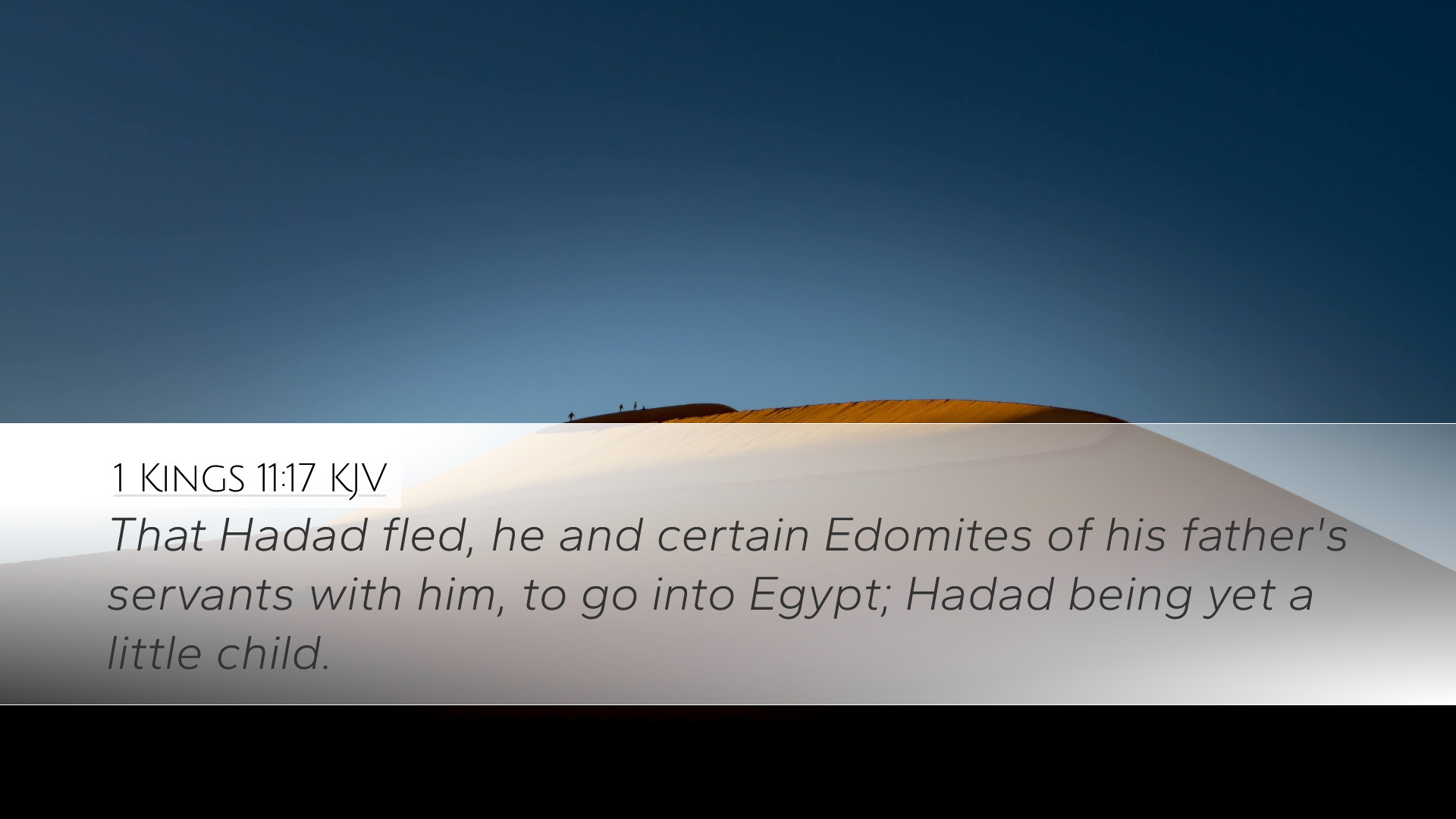Old Testament
Genesis Exodus Leviticus Numbers Deuteronomy Joshua Judges Ruth 1 Samuel 2 Samuel 1 Kings 2 Kings 1 Chronicles 2 Chronicles Ezra Nehemiah Esther Job Psalms Proverbs Ecclesiastes Song of Solomon Isaiah Jeremiah Lamentations Ezekiel Daniel Hosea Joel Amos Obadiah Jonah Micah Nahum Habakkuk Zephaniah Haggai Zechariah MalachiVerse
1 Kings 11:1 1 Kings 11:2 1 Kings 11:3 1 Kings 11:4 1 Kings 11:5 1 Kings 11:6 1 Kings 11:7 1 Kings 11:8 1 Kings 11:9 1 Kings 11:10 1 Kings 11:11 1 Kings 11:12 1 Kings 11:13 1 Kings 11:14 1 Kings 11:15 1 Kings 11:16 1 Kings 11:17 1 Kings 11:18 1 Kings 11:19 1 Kings 11:20 1 Kings 11:21 1 Kings 11:22 1 Kings 11:23 1 Kings 11:24 1 Kings 11:25 1 Kings 11:26 1 Kings 11:27 1 Kings 11:28 1 Kings 11:29 1 Kings 11:30 1 Kings 11:31 1 Kings 11:32 1 Kings 11:33 1 Kings 11:34 1 Kings 11:35 1 Kings 11:36 1 Kings 11:37 1 Kings 11:38 1 Kings 11:39 1 Kings 11:40 1 Kings 11:41 1 Kings 11:42 1 Kings 11:43

